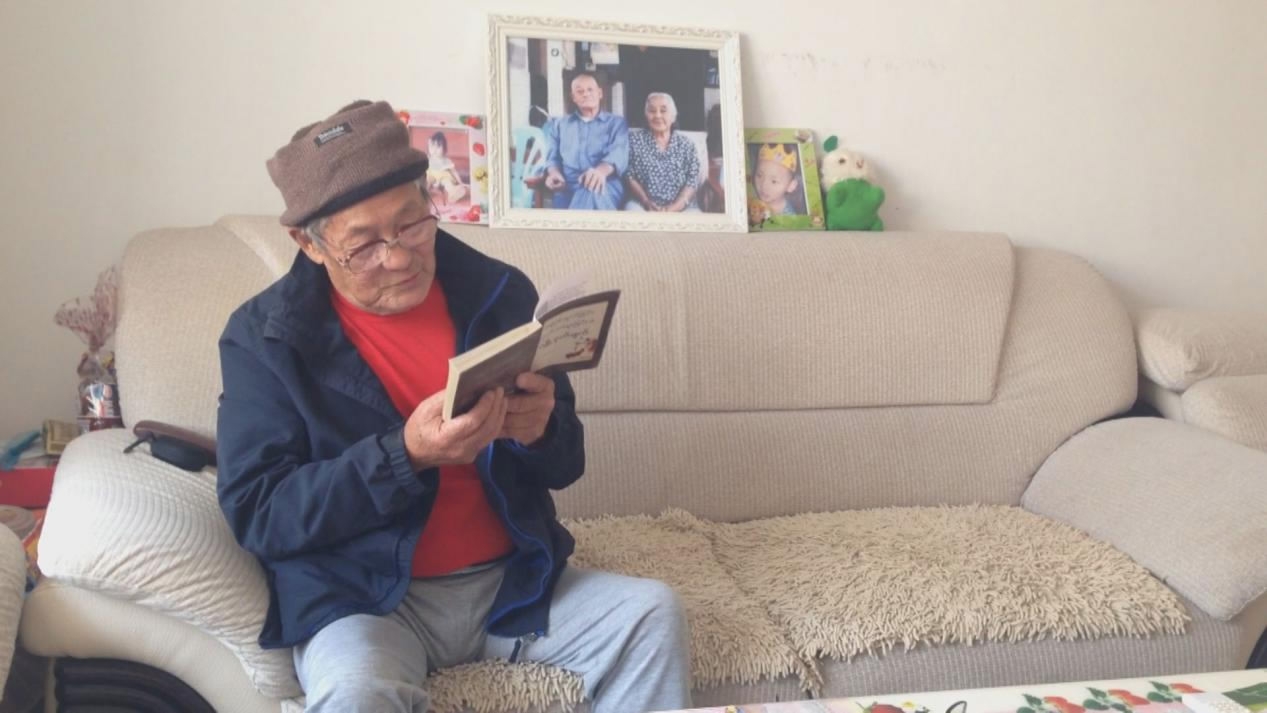By CGTN's Meng Qingsheng
Fighting between Myanmar Armed Forces and the Myanmar National Democratic Alliance Army (MNDAA) has continued in the Kokang region. The recent clashes broke out on March 6 at the Laukkai township in the northeastern Shan State. The Myanmar government said that the MNDAA launched an attack on a police station, military camps, and civilian buildings, resulting in the deaths of 30 people.
In a recent move, the Myanmar Armed Forces said it has made advancements by occupying the MNDAA's outposts on border areas with China. While it remains difficult to predict when the conflicts will come to an end, CGTN got a chance to talk with Martin Chit, a former brigade commander of the Communist Party of Burma (CPB). The CPB, established in Yangon on August 15, 1939, had fought for independence from the Great Britain and against the Japanese occupation of Burma in World War II.

Martin Chit joined the Communist Party of Burma in 1967, and then worked as a commander of the 8th Brigade, one of the three brigades of the party until 1989, the year when the party splintered. /CGTN Photo
Martin Chit, now 88 years old, worked in the same party with Peng Jiasheng, the current leader of the MNDAA. On March 12, 1989, Peng, dissatisfied with the communists, broke away and formed the MNDAA. In Martin's point of view, either the Myanmar Armed Forces or the MNDAA, they all fight for the sake of personal interests. He explained that if anyone occupied the Kokang region, they would get an opportunity to oppress the people and do as they liked. Martin predicted that there will be still fighting because the MNDAA has the support from the Northern Alliance, which includes the Kachin Independence Army, the Ta'ang National Liberation Army, and the Arakan Army.
China's Foreign Ministry expressed at a media briefing on March 16 that the situation in Myanmar concerns the peace and tranquility of the China-Myanmar border, and the conflicts in Kokang had severely impacted security of border areas in China. China thus called on all relevant sides to once again address differences through dialogue and peaceful consultations.









